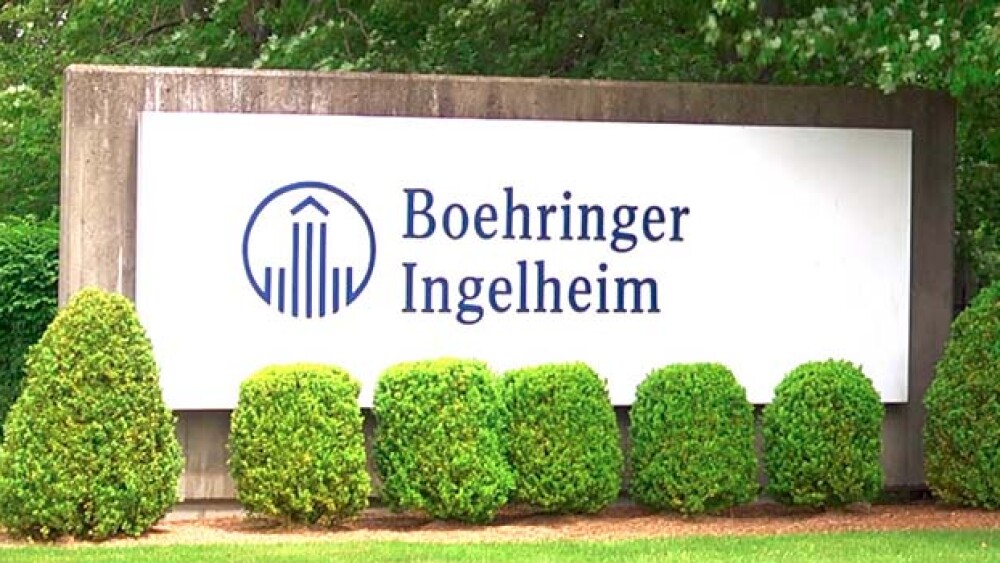Under terms of the deal, Boehringer has the option to acquire Autifony’s Kv3.1/3.2 positive modulator platform, which includes the company’s lead compound AUT00206.
Boehringer Ingelheim tied up a schizophrenia drug under development by U.K.-based Autifony Limited, a 2011 spinout of GlaxoSmithKline, in a deal that could be worth up to €627.5 million (about $740 million).
Under terms of the deal, Boehringer has the option to acquire Autifony’s Kv3.1/3.2 positive modulator platform, which includes the company’s lead compound AUT00206. Autifony’s AUT00206, an orally active small molecule, is currently being evaluated in two Phase Ib studies, including one in patients with schizophrenia. Modulation of Kv3 channels is believed to have the potential to treat schizophrenia patients early in the course of the disorder. Autifony said schizophrenia is the most advanced indication under development with its candidate AUT00206. Preclinical studies using models relevant to the pathophysiology of schizophrenia suggest that AUT00206 has the potential to treat cognitive and negative symptoms of schizophrenia, as well as positive symptoms with fewer side effects than current anti-psychotic drugs, the company said.
When Autifony and Boehringer complete the work in schizophrenia, the companies said they want to use the Kv3.1/3.2 mechanism to explore therapies for other indications such as hearing disorders and orphan CNS disorders, such as Fragile X Syndrome.
Autifony Chief Executive Officer Charles Large said his company’s Kv3.1/3.2 modulators have the potential to change the treatment paradigm for a number of CNS disorders, including the ones Boehringer is interested in exploring.
Boehringer said the deal with Autifony aligns with its drug discovery strategy for neuropsychiatric diseases. That strategy focuses on exploring the neurobiological basis of certain key symptom domains that can occur across a range of mental disorders, such as schizophrenia, Alzheimer’s disease and depression, the company said.
“This partnership opens up the possibility of testing clinically an unprecedented therapeutic concept for the treatment of schizophrenia and to develop novel compounds with significant value to the patient. Schizophrenia is a challenging indication for drug development, and the companies’ commitment and combined expertise will accelerate progress towards a much-needed new medicine for patients with this serious disorder,” Jan Poth, head of CNS and immunology at Boehringer Ingelheim, said in a statement.
In May, Autifony began dosing patients in its schizophrenia trial. The company said 24 patients diagnosed with schizophrenia within the last five years, will receive AUT00206 or placebo for 28 days. During that period, electrophysiological measures of central nervous function known to be impaired in schizophrenia will be investigated for signs of improvement.
Boehringer paid Autifony a €25 million upfront fee and another €17.5 million in near-term milestones. If the Autifony drug reaches all development and pre-commercialization milestones, the company will then earn the total €627.5 million. Additional financial details were not disclosed.





